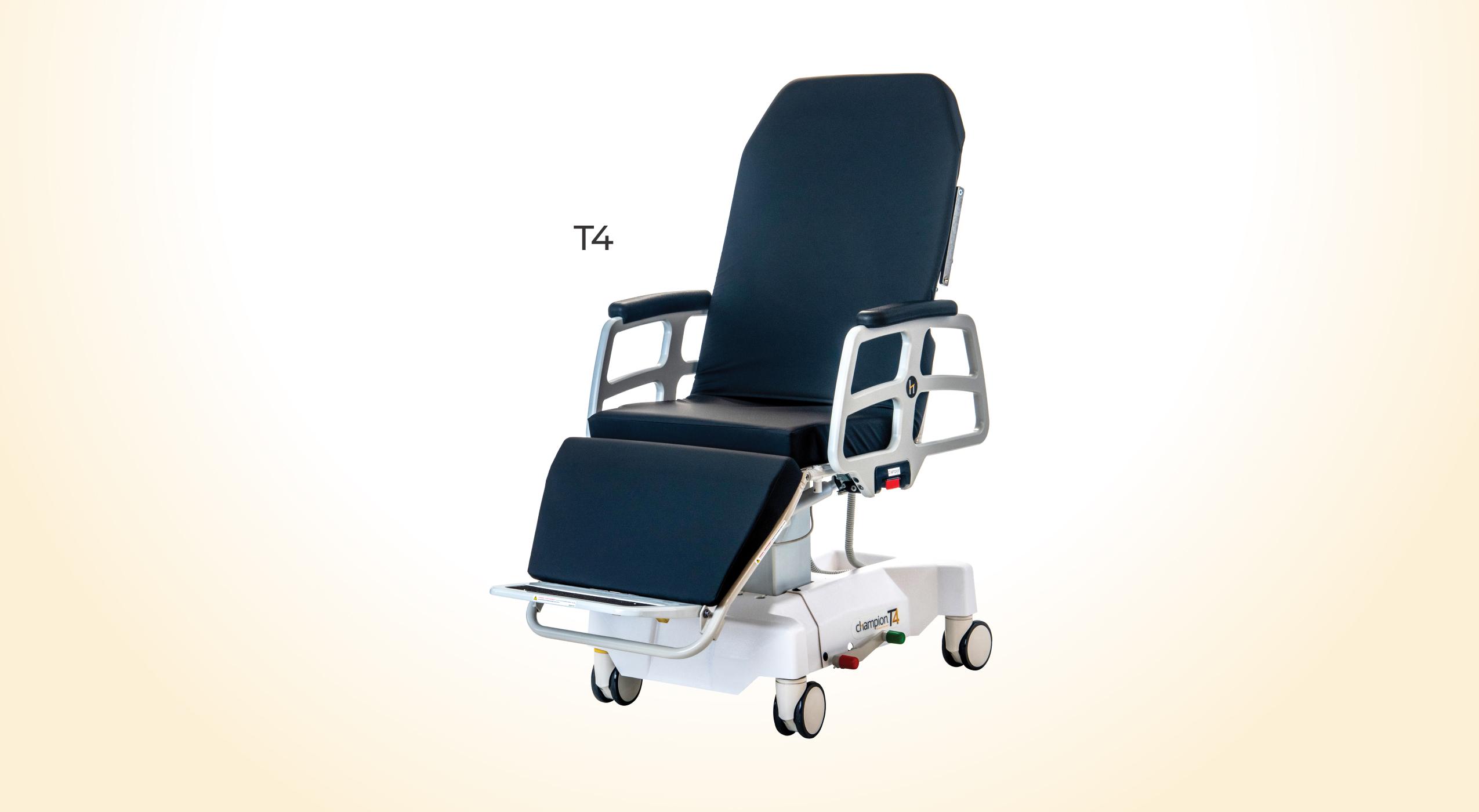
Physician practices are navigating a range of challenges that impact both care delivery and financial stability—from shrinking reimbursements and the growing demands of prior authorizations to emerging concerns about the role of AI in healthcare.
Tchaka Shepherd, MD., Administrator at the Institute of Trauma and Acute Care (Redondo Beach, Calif.), believes the most disruptive trend currently facing physician practices is the increasing fragility of their economic foundation. Dr. Shepherd explains, “Physicians across all specialties are experiencing a perfect storm: Reimbursement rates are declining steadily while the costs of delivering care, such as staffing, supplies, malpractice insurance, and regulatory compliance, are rising unchecked.
“This unsustainable trajectory poses a significant threat to our financial stability and undermines our ability to provide the high standard of care our patients deserve. If left unaddressed, these challenges could severely impact the future of medical practice and patient care.”
In today’s complex healthcare environment, ambulatory surgery centers (ASCs) are grappling with multiple challenges that threaten both the quality of patient care and financial viability. Declining reimbursements, escalating prior authorization demands, and uncertainties surrounding artificial intelligence (AI) integration are converging to create a precarious situation for these centers. To navigate this landscape effectively, ASCs must adopt strategic measures that address these issues head-on, ensuring both operational excellence and financial sustainability.
Addressing Declining Reimbursements
The reduction in reimbursement rates from Medicare and private insurers has placed significant financial strain on ASCs. To counteract this, centers can diversify their service offerings by incorporating high-demand specialties such as orthopedics, cardiology, and total joint replacements. This expansion not only meets market demand but also taps into procedures with higher reimbursement rates.
Sign up to get the latest industry news and offers right in your inbox
Moreover, strengthening payer contracting is crucial. By negotiating favorable terms and regularly reviewing contracts to reflect current costs and service values, ASCs can optimize their revenue streams. Employing dedicated teams or consultants to manage payer relations ensures compliance with the latest regulations and minimizes revenue loss due to claim denials.

Mitigating Prior Authorization Burdens
Prior authorization (PA) requirements have become increasingly burdensome, leading to delays in patient care and increased administrative workload. Implementing AI-driven solutions can streamline the PA process by automating routine tasks, reducing errors, and accelerating approvals. These tools can identify whether PA is required, determine the optimal submission route, and provide real-time status updates, thereby enhancing efficiency and patient satisfaction.
Additionally, AI can analyze historical data to predict which PAs are likely to be approved or denied, allowing staff to prioritize high-risk cases and gather necessary documentation proactively. This proactive approach significantly reduces denial rates and ensures timely patient care.
Leveraging AI for Operational Efficiency
Beyond prior authorizations, AI offers numerous applications to enhance operational efficiency within ASCs. By automating front-office tasks such as appointment scheduling and patient inquiries, AI reduces administrative overload and allows staff to focus more on direct patient care. Furthermore, AI-driven analytics can provide insights into patient trends, enabling better decision-making around care delivery and resource allocation.
In revenue cycle management, AI can assist in accurate coding, timely billing, and aggressive denials and appeals management. By identifying patterns in claim denials and automating follow-ups, AI ensures a more efficient revenue cycle, improving cash flow and financial stability.

Enhancing Financial Stability Through Strategic Partnerships
To reduce dependency on traditional payers and mitigate reimbursement risks, ASCs can explore direct-to-employer contracts and partnerships with private practices. These arrangements diversify the payer mix and provide more predictable revenue streams. Forming cooperatives with other practices can also enhance bargaining power and operational efficiency.
Effective cost management is vital for financial sustainability. ASCs should regularly review staffing models to ensure alignment with case volumes, implement flexible schedules, and cross-train staff to enhance efficiency. Supply chain optimization through bulk purchasing agreements and negotiations with vendors can reduce per-unit costs. Monitoring fixed and variable expenses, such as rent and equipment maintenance, further contributes to cost control.
In an era marked by financial pressures and administrative complexities, ASCs must adopt a multifaceted approach to safeguard patient care and maintain financial health. By diversifying services, leveraging AI for operational efficiency, forming strategic partnerships, and implementing robust cost management practices, surgery centers can navigate the current challenges and position themselves for long-term success.
Champion’s T4 Procedure Chair: Medical Seating for Surgical Spaces
The T4 from Champion Healthcare Solutions enables surgical centers to streamline the treatment process and surgical flow by replacing multiple pieces of equipment with a single device. This innovative procedure chair helps minimize risk, maximize space, and enhance productivity.

Reducing patient transfers can increase patient throughput while helping decrease the likelihood of incurring costs associated with staff injury.
When seconds can save lives, you need multi-purpose medical seating solutions. In the seated position, Champion’s T-Series Procedure Chairs require half the space of a traditional stretcher and are easy to navigate through hallways, elevators, and other close quarters. Plus, the small footprint frees up floor space so additional units can be stored more efficiently.
Learn which T-Series Procedure Chair is best for your clinical application, then request a quote for your facility.
